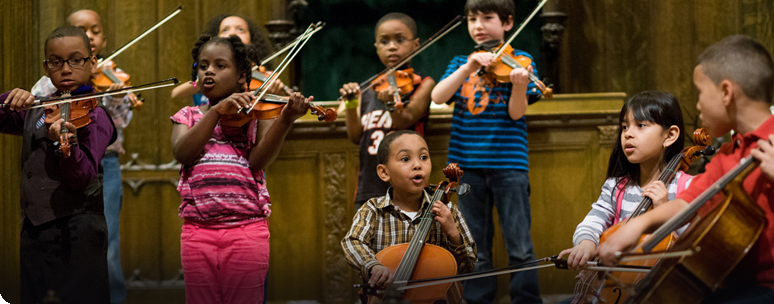Dobbs Hartshorne Workshop
Dobbs stood a little shorter than his luscious dark brown
double bass (or bass violin, string bass, contra bass as he told us it may be
called). He introduced us to his friend Luigi Cavalli, born in 1863 in Italy,
moved to Argentina in 1900, and to New Hampshire to live with him in l980. “A
double bass” he said, “is the biggest, most beautiful member of the string
family,” thereby provoking some reactions from the violin, viola, and cello
playing members of the audience.
Dobbs himself first learned to play the piano,
which he loved, but he really fell in love with the double bass when he was
around 12, and he has played it ever since. Since Dobbs has a shock of
white/grey hair, a somewhat craggy face, and a full beard, you know he is no
longer a kid. You could also tell what a deeply musical person he is when he
played the C major Bach cello suite, which requires feats from his hands
–stretches and leaps – to create three and four note chords, make the long
phrases come to life, and build the increasing momentum of the Prelude that
opens the suite.
After the Bach, Dobbs told a story, a spoken
narrative with musical background. (I later discovered that this form, which
was used in the late 18th and 19th centuries was called a
melodrama, but not to be confused with the same word meaning “a highly
sensational spoken play” which is now the meaning of the word.)
Dobbs’ story was accompanied by nine Phase II
students, who had learned their parts in a short rehearsal preceding the workshop,
and who followed the minimal guidance that Dobbs gave them (while he was
narrating the story of Billy and Brenda) with impressive facility and
confidence.

The tale focused on the loves of Billy (a birch
tree) and Brenda (a beaver) for whom “Love was Hard” – the anguished wail of a
periodic refrain. Dobbs detailed the responses of each lover’s parents to the
proposed match, like “But Billy, beavers EAT trees!”
Perhaps the best part of the story was being
offered several different possible endings, leaving it up to each of us how the
story of Brenda and Billy might be resolved. One was predictably that “Love can
conquer all.” You can imagine some others!
Since Dobbs had recently spent time in Ramallah and
Afghanistan, he showed us pictures of the places he had gone to play Bach and
find accompanists for his narratives. One was a conference of 60 musicians
(from other countries as well as 30 from Afghanistan), another an orphanage, a
third the High School of Performing Arts in Kabul, which had been closed for 35
years under the Taliban, who forbade playing music. We discovered that when
Dobbs had told CMW about how desperately the School needed instruments, CMW had
sent six violins to the school. That gave us an extra special connection with
the faces we saw in the pictures he shared with us from his PowerPoint
presentation.
This year is CMW’s 10th anniversary.
Dobbs was the first workshop guest at CMW in its very first year of existence.
There were a few youth and audience members who remembered his first visit, and
did everyone rave about this latest visit!
-Karen
Romer, CMW Board
|

